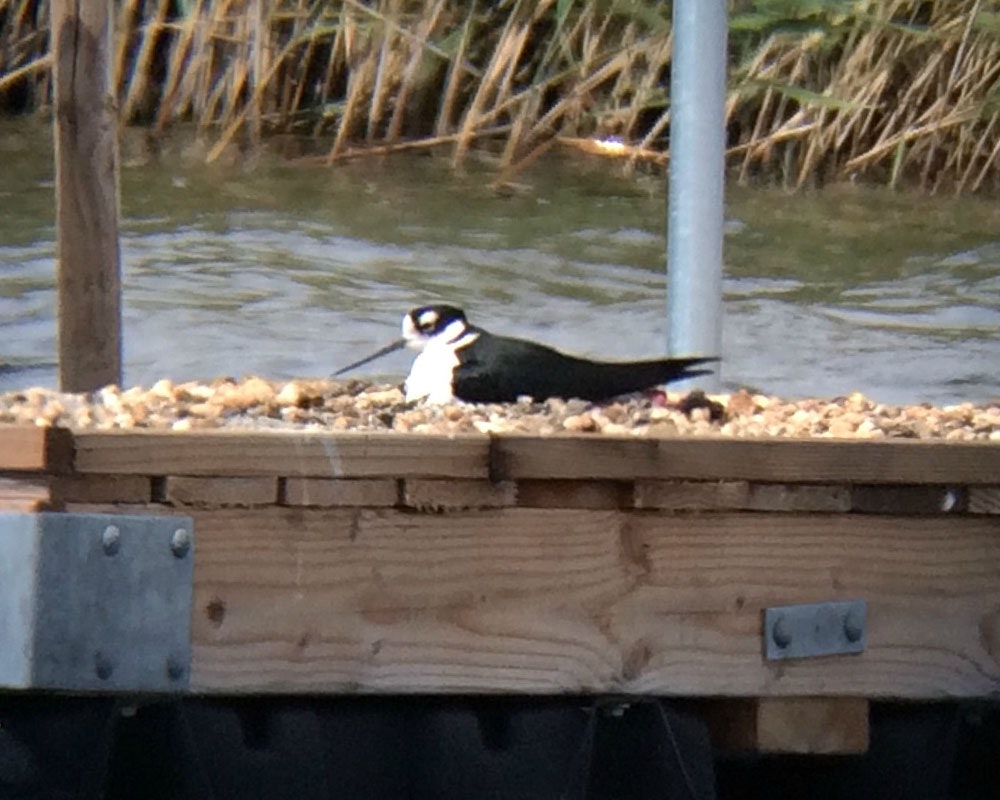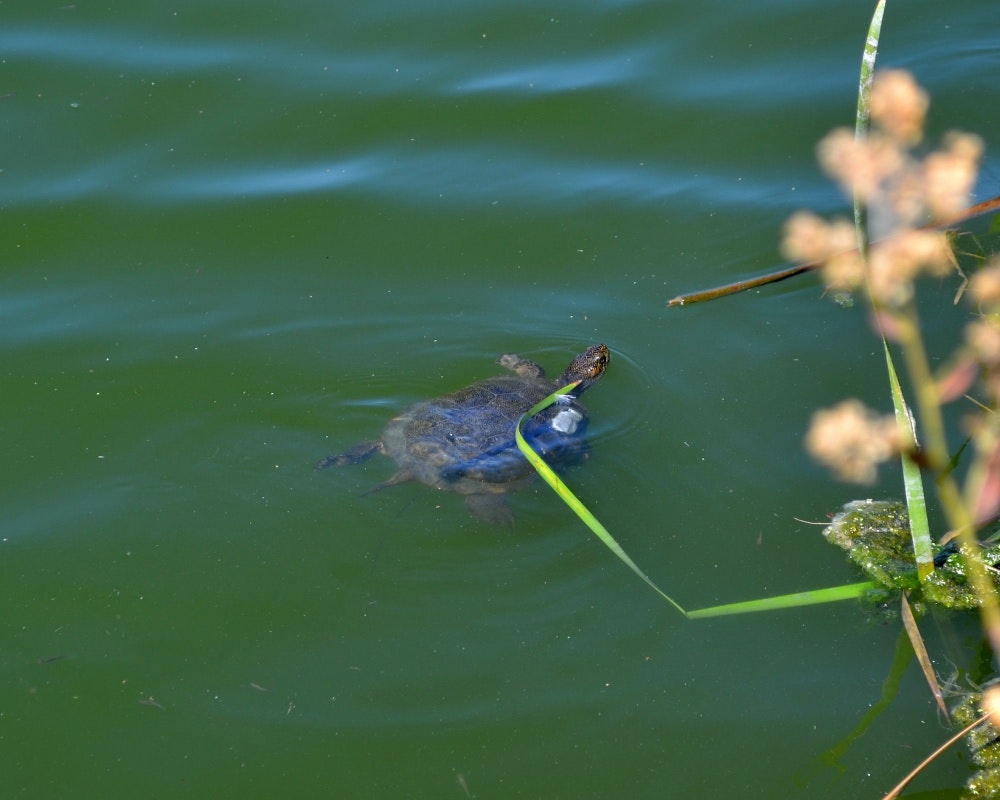Efforts
The East Bay Wetlands are truly an environmental marvel of our region – they provide natural resources, encourage biodiversity, and enhance quality of life for our local communities. Despite their many powerful benefits, however, wetlands all over the globe are being drained, contaminated, or displaced by commercial interests. Together, we can ensure our regional wetlands continue to thrive, supporting a healthier environment, enhancing recreational and economic opportunity, and perhaps most importantly, educating and inspiring future generations.
Mt. Diablo Wetlands Fund Education Programs
Wetlands Education Programs
The Wetlands Education Programs have provided award-winning, complimentary environmental education opportunities to Contra Costa County students for over 25 years.
During the 4-hour field program, students explore Moorhen Marsh, dip net for aquatic animals, tour MVSD’s treatment plant, and study animal adaptations or water quality analysis. Students will learn:
- To identify animal signs like tracks and scat from species including river otter, black-tailed deer, Canada goose, and even mink!
- To find and observe native wildlife species like the great blue heron, green heron, pied-billed grebe, western pond turtle, and insects like dragonflies and butterflies.
- To dip-net for a variety of fish and invertebrate species including three-spined stickleback, mosquito fish, dragonfly nymph, amphipods, and crayfish.
- How wastewater is treated so it can safely be returned to the environment and how everyone can participate in keeping our creeks and waterways clean.
Students, chaperones, and educators acquire an increased awareness, appreciation, and understanding of the functions and values of wetland habitats and the wildlife they support.
The Wetlands Classroom Program is a 1-hour experience offered in winter, where instructors visit Contra County elementary school classrooms. Teachers select from two available programs: Wetland Wonders and, Water Quality for Life.
Participate in a Field Trip or Classroom Program
Do you teach in Contra Costa County and want to sign up for a field trip or classroom program? Or would you to join our interest list to be contacted about program updates, etc.? To schedule a field trip or classroom program, click HERE to connect with the new online scheduling. Questions can be directed to The Gardens at Heather Farm at Education@gardenshf.org or 925-323-3214. MVSD’s Public Outreach Coordinator can also answer questions or concerns at rmitchell@mvsd.org.
Support the Wetlands Field Trip Program
Did you know that you can help to keep this program going for the next 25 years? By donating to the Mt Diablo Wetlands Fund, you can help students in Contra Costa County enjoy a hands-on experience in the natural world, free of charge. To donate, click HERE. Donations to the Mt Diablo Wetlands are tax deductible.
Restoration and Protection Efforts
In addition to providing enriching educational opportunities for local students, the Mt Diablo Wetlands Fund contributes to our efforts to restore and protect these vital wetlands. Information about our projects and research studies can be found below:
McNabney Marsh Shorebird Nesting Raft Project

Tide gate operations create challenges for ground-nesting shorebirds and waterfowl which have depended upon McNabney Marsh for decades. During high water events nests are flooded, and eggs and nestlings are lost. Learn more about our efforts to provide nesting areas for these birds here.
Wetlands Nesting Box Project

To support local bird populations in the marsh system, MVSD has installed nesting boxes in the marsh for the American Kestrel, Barn Owl, and Tree Swallow. Learn more about our efforts to support these bird populations here.
The MVSD Western Pond Turtle Study

Some 90 to 120 adult western pond turtles depend on habitat provided by MVSD’s Moorhen Marsh. Learn about how we’re using GPS and telemetry to protect this declining species that calls the marsh home here.
River Otter Study

Partnering with the River Otter Ecology Project (ROEP), we’re using a series of camera traps to try to figure out how river otters use MVSD wetlands and how many otters the wetlands support. Learn more about the study here.
2018 River Otter Study